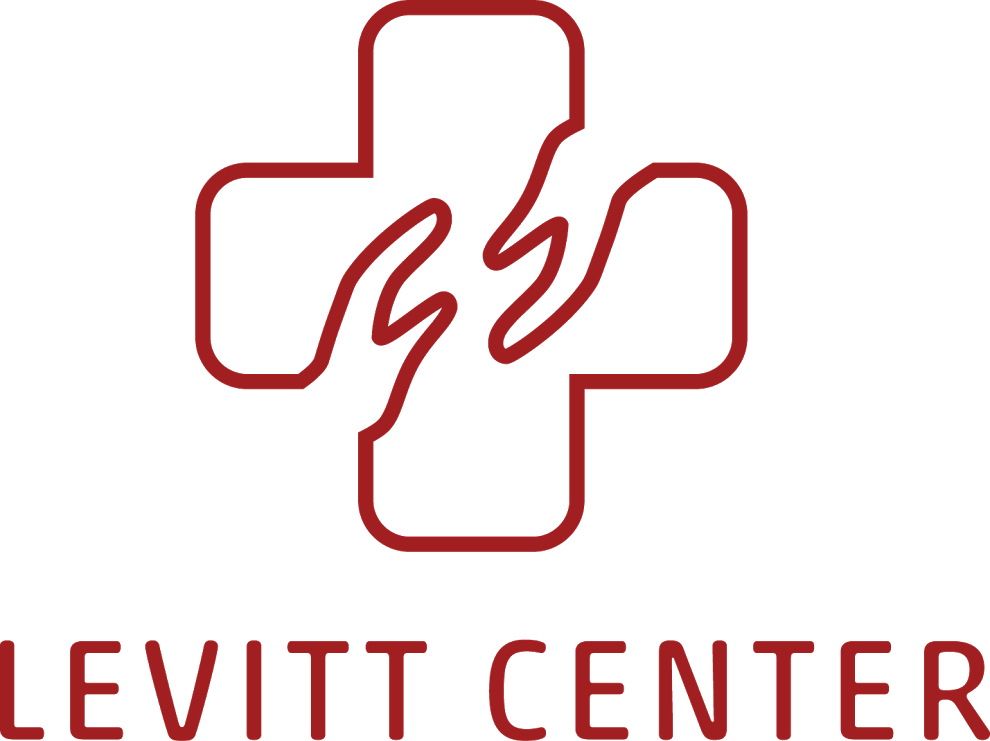Lynton Scholar Petrina Craine, MD, Reflects on the SEM Consensus Conference, September 2017
“Order groceries. Check.” “Schedule oil change. Check.” “Lead the charge in addressing social determinants of health. Uhhh…”
These are the thoughts spiraling in my head as I reflected over the inspiring and stimulating conversations about social emergency medicine at our consensus conference. A great feat had already been achieved in bringing together EM leaders from various sectors of healthcare to form a body of “movers and shakers” that could rival any think tank in our nation’s capital. Beaming like the sun from my interactions, I could not help but discuss the role of emergency medicine, in leading the dynamics on social issues integral to health, to anyone who would listen. Yet in my conversations, I was surprised how I was met with some negative feedback from other medicine colleagues who adamantly stated that the role of emergency medicine is to diagnose and treat emergencies and not “dabble” in social issues.
Indeed, we are experts in medical emergencies, such as differentiating a heart attack from heartburn, but what about social emergencies? Headlines such as “Insurance Companies Disagree with Your ER Visit and Refuse to Pay,” “Eleven Killed from Shootings over the Weekend,” and “Housing Crisis and the Surge in Homelessness” bombard our news feeds each day. But what many, including other medical specialties, do not realize is that these same issues bomb our emergency departments daily. We serve on the frontlines of these issues. We see and care for the victims of gun violence, homelessness, and poor-to-no insurance. Just as it is our duty to medically screen any patient presenting to the emergency department, it is our duty to lead the charge in not only sounding the alarm on social issues essential to patients’ medical diagnoses and overall treatment, but also to devise solutions. We do not dabble in these issues. To the contrary, we immerse ourselves in these issues. As a specialty, our core is rooted in our ability to readily do what is necessary in times of crisis for our patients. The social determinants of health have hit a fever pitch and we are compelled to address this emergency. Our conversations over the last few days are just the sparks needed to ignite our future efforts. Thus, I can confidently muse over my internal dialogue and think “Lead the charge in addressing social determinants of health. Check.”
